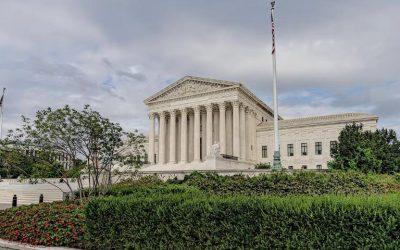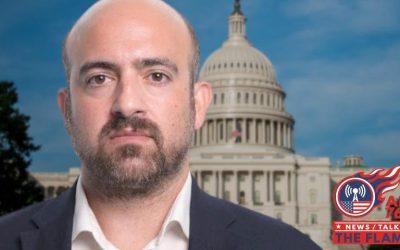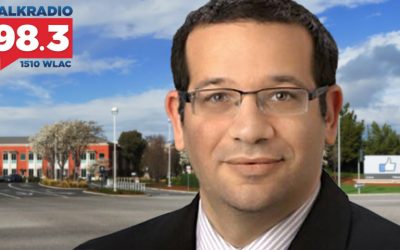Mike Benz, former Trump State Department official and current executive director of the Foundation for Freedom Online, said the Supreme Court is going to have to exercise “bravery” as opposed to “wisdom” in its ruling of Murthy v. Missouri for the government censorship complex to be dismantled.
Murthy v. Missouri seeks to determine whether the government’s “challenged conduct transformed private social media companies’ content-moderation decisions into state action and violated respondents’ First Amendment rights” related to COVID-19 and the 2020 presidential election.











